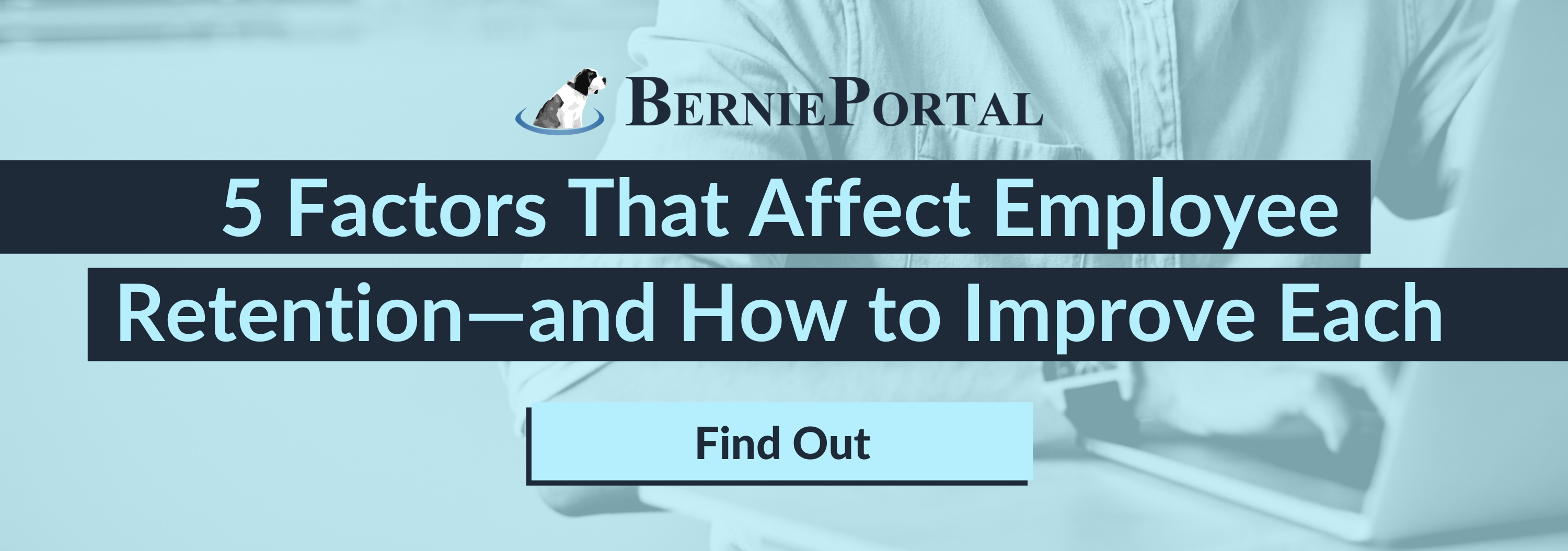
Written by
Lauren Brown
Lauren is an aPHR®-certified member of the Marketing team at Bernard Health. She writes about healthcare insights, employment law, and HR solutions.
What is the PRO Act and What Should Employers Know About It?

The U.S. House of Representatives recently passed the most sweeping labor reform bill since 1935. Known as the PRO Act, this legislation would change workers’ ability to organize and employment law surrounding unions.
What is the PRO Act?
The Protecting the Right to Organize Act (PRO Act), which was passed in the U.S. House of Representatives on March 9th, is a piece of labor legislation that was introduced in 2019 to amend the National Labor Relations Act of 1935. It aims to strengthen workers’ rights and the ability to unionize—and if signed into law, supporters say the PRO Act would be a win for labor unions.
With this in mind, the bill is not without its critics. The U.S. Chamber of Commerce is against the legislation, calling the act “a litany of almost every failed idea from the past 30 years of labor policy,” and saying that it “would undermine worker rights, ensnare employers in unrelated labor disputes, disrupt the economy, and force individual Americans to pay union dues regardless of their wishes.”
The vote in favor of the legislation passed through the House with a tally of 225-206; five Republicans voting for the bill and one Democrat voting against it. However, experts say that the legislation is unlikely to pass in the Senate in the coming weeks. President Biden released a statement in support of the PRO Act on March 9, 2021, calling on the need for changes to worker’s rights in the midst of economic and social crises due to the pandemic.
What Changes Would the PRO Act Make?
Here are some of the most impactful provisions included in the PRO Act:
- Joint Employer Liability. According to the National Law Review, “A joint employer is held jointly and severally liable for the unfair labor practices committed by an employer if the joint employer possesses ‘substantial direct and immediate control’ over the employer’s employees.” According to SHRM, the PRO Act would make it easier to establish two or more employers as joint employers, which sometimes can complicate and add to liability concerns. Additionally, the legislation would also create penalties for organizations and employers who violate workers’ rights established by the act.
- Upend “Right-to-Work” Laws. According to the National Conference of State Legislature, right-to-work laws that currently operate in 27 states allow these states “to determine whether workers can be required to join a labor union to get or keep a job.” This means that employees can opt-out of paying union dues while still being covered by certain provisions of the union contract. The PRO Act would allow unions to override the right-to-work laws.
- Changes to Employee Strikes. The PRO Act would make it easier for workers to organize strikes while eliminating employers’ ability to permanently hire while their workers are on strike. According to the National Law Review, this would overturn the US Supreme Court precedent that allows employers to keep employees who were hired during a strike.
- Definitions of Employee, Supervisor, and Independent Contractor. Historically, only individuals defined as employees have been able to unionize under the National Labor Relations Act (NLRA), which excludes independent contractors. The PRO Act expands the definition of “employee” to include independent contractors in unions while limiting the definition of “supervisor.” This would likely extend protections of the NLRA to include gig workers. The legislation states the following in regards to defining an employee: “An individual performing any service shall be considered an employee and not an independent contractor, unless ...
- The individual is free from control and direction in connection with the performance of the service, both under the contract for the performance of service
- The service is performed outside the usual course of the business of the employer
- The individual is customarily engaged in an independently established trade, occupation, profession, or business of the same nature as that involved in the service performed.”
What Else Should Employers Know?
Employers should continue to expect the current presidential administration and Congress to prioritize measures that strengthen workers' rights in the coming years. According to the New York Times, union participation has been down in recent years (10 percent of American workers, compared to one-third of American workers in the 1950s) and wages for the working and middle class haven’t changed much, which has caused Congress to prioritize measures such as the PRO Act.

Written by
Lauren Brown
Lauren is an aPHR®-certified member of the Marketing team at Bernard Health. She writes about healthcare insights, employment law, and HR solutions.
Related Posts
Part-time work is becoming increasingly common in today’s workforce—especially for...
As you know, healthcare and benefits can be complicated, which can make the enrollment...
With the deadline for filing and distributing 1095-C forms approaching, staying...
A strong paid time off (PTO) policy helps retain current talent and attract prospective...







Submit a Comment